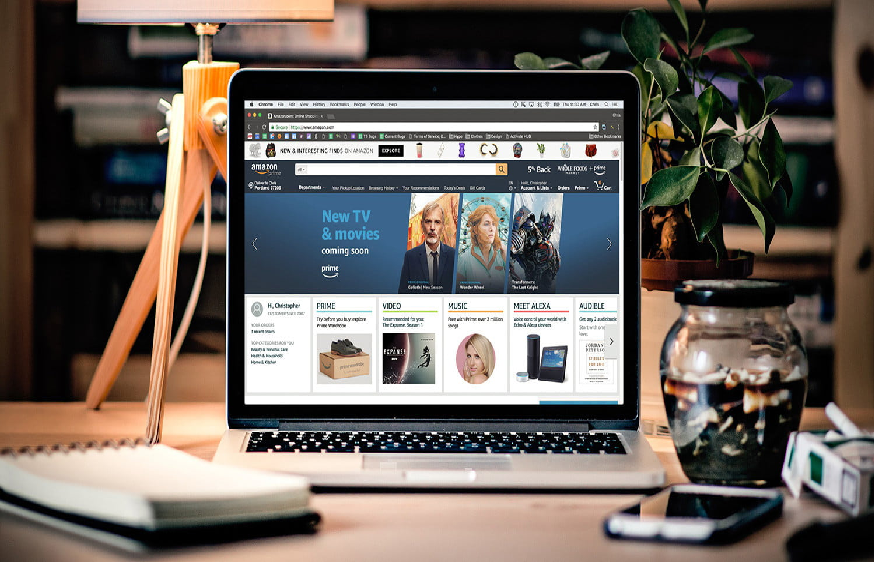
Is Selling Wholesale On Amazon Worth It?
Selling wholesale on Amazon entails buying things in bulk at a discounted price directly from the manufacturer or supplier and then reselling them on Amazon for a retail price.
Because of the discount granted by the manufacturer or supplier, there is a good profit margin between the purchase price and the retail selling price throughout the process.
How selling wholesale on Amazon works?
The sellers buy things in bulk straight from manufacturer or suppliers at a wholesale price and then sells the items on Amazon for a profit. You may be one of many sellers selling the item on Amazon under this model, or you could be the only seller selling it in the Amazon store.
The Amazon Wholesale business model demands a large sum of money upfront to purchase products in bulk. However, manufacturers are more likely to offer you low per-item pricing when purchasing large quantities, potentially implying more significant profit margins.
Because you’ll be selling a product that people are already familiar with, you’ll know right away whether the selected product will be successful or not? And you’ll be able to forecast sales volumes and behaviors. Naturally, you’ll never choose to resell a wholesale product that doesn’t sell well, so this is a win-win situation.
As an Amazon wholesale FBA seller, the amazon fulfillment program does a lot of your tasks related to the order and delivery under the Amazon FBA Program.
Another easy way to remove a lot of load from your shoulder reform wholesale business is using tools from Zonbase Amazon. That assist you in product research, product listing, Sells Estimation, and another different task. It also provides you real-time consultation from an expert.
Comparison with other business models
1. Drop shipping
Drop shippers list things for sale on Amazon that are not in their store inventory but are available from other third-party vendors. When consumers make a purchase, they place an order with the product’s suppliers or manufacturers, who subsequently fulfill the order on the drop shipper’s- behalf. Drop shippers outsource inventory control, order processing, and shipment, whereas wholesalers must independently handle all of these responsibilities.
2. Private label
Private label the primary difference is that private labeling is the process of selling products by developing their branding, whereas wholesalers buy items that are already branded. Wholesalers contribute to an existing product listing by adding their own. On the other hand, private label sellers must create their product listings. Because manufacturers and suppliers advertise their own brands, there is already a consumer base, whereas private label companies must sell their own brands to establish themselves.
3. Arbitrage
Arbitrage is the way of buying branded items at a reduced price from shops and then reselling them on Amazon store. Wholesalers, unlike arbitragers, purchase large quantities of low-cost wholesale products for resale.
Wholesalers negotiate rates directly with suppliers and manufacturers early in the supply chain, whereas arbitrage buys low-cost merchandise at retail and sells it to consumers. Sellers who use arbitrage spend a lot of effort obtaining goods, whether from online shops or physical stores.
Purchasing items directly from the manufacturer is usually a quick process with a wholesale strategy, and restocking inventory is much easier and faster.
Amazon wholesale is a less risky business model than retail arbitrage or private labeling. Because it’s about selling items with a proven track record, it doesn’t come with the risk, obligation, or liability that comes with creating a product and growing a brand. Instead, this allows focusing entirely on the work of selling the goods.
After reading this articles, if you really want to change your previous model to wholesale on Amazon, do lots more research about selling wholesale on amazon at Zonbase blogposts.



Average Rating